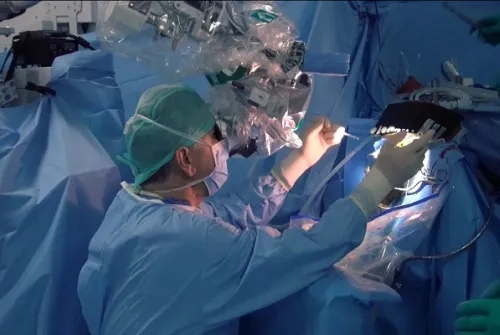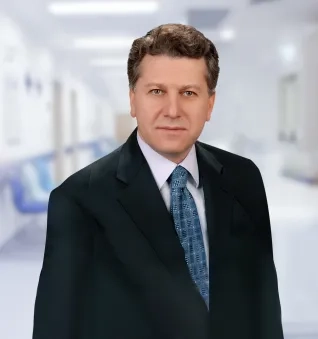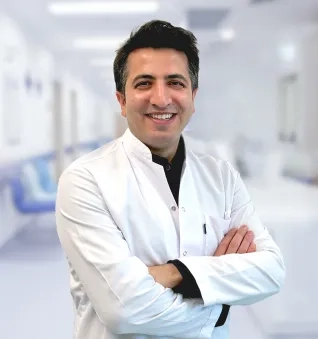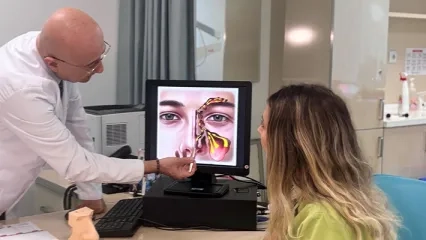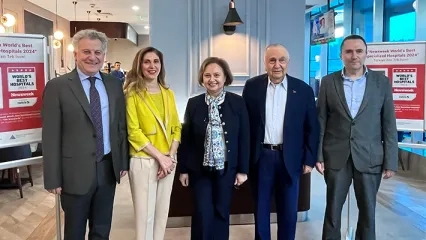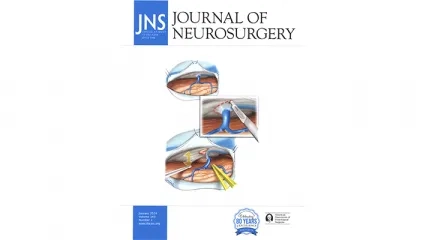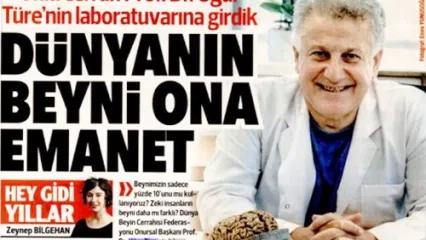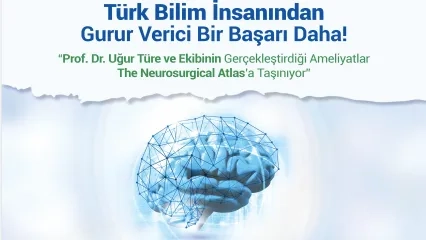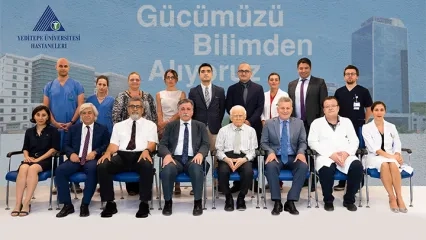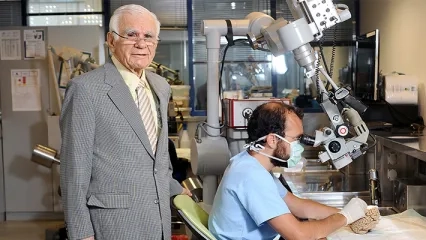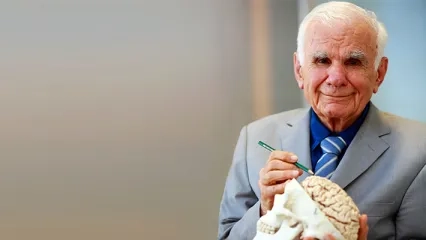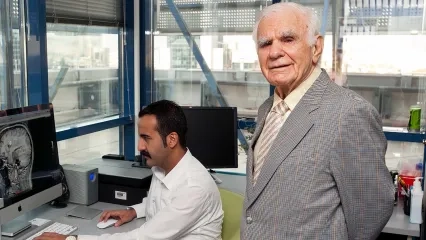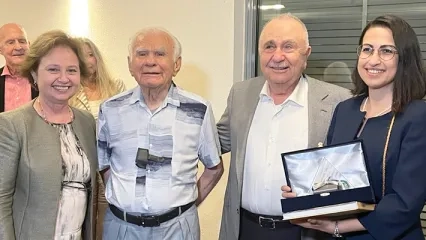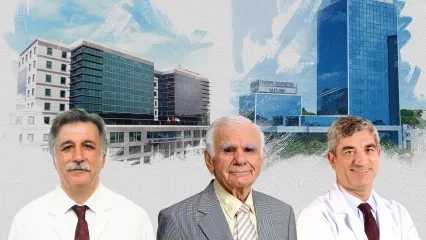Alo Yeditepe
Alo Yeditepe
Neurosurgery
Department of Brain and Nerve Surgery (Neurosurgery)
Yeditepe University Hospital's Department of Neurological Sciences, which provides surgical treatment of brain, spine, spinal cord, and nerve diseases, is staffed by surgeons, neurologists, anesthesiologists, intensive care specialists, radiologists, psychiatrists, psychologists, physical therapy and rehabilitation specialists, physiotherapists, nurses and technicians with education, knowledge, and experience above world standards.
The department of neurosurgery is internationally renowned for having the neurosurgeon of the century. It has made a name for itself with pioneering and successful surgeries in many fields, including epilepsy surgery and the method it developed for tumor surgery.
Patients are diagnosed and treated in specialized wards and intensive care units, equipped with the latest technological advances. In order to provide a better service, the department carries out research on neuro-oncology, cerebrovascular surgery, epilepsy, spine surgery, pediatric neurosurgery, stereotactic and functional neurosurgery, peripheral nerve surgery, and neuro-spinal trauma.
Neuro-Oncology:
Tumors derived from the brain, spinal cord or nerve membranes, pituitary gland tumors, and skull base tumors are treated with microsurgery.
Cerebrovascular (Brain and Vascular) Surgery:
Includes surgical and other treatments for subarachnoid hemorrhage, aneurysms, arteriovenous malformations of the brain and spinal cord, and some cases of stroke. In cases of cerebrovascular occlusion, "bypass" surgeries are also practiced.
Epilepsy Surgery:
The specialized neurology and neurosurgery team successfully operates epilepsy surgeries. Monitorization is provided in epilepsy.
Spinal Surgery (Spine and Spinal Cord Surgery):
Center for Spine Surgery specializes in spine, spinal cord, and nerve surgeries. Herniated discs and cervical herniated discs, age-related narrowing of the spinal canal and calcifications, spine and spinal cord tumors, and congenital spinal cord and spinal disorders are surgically treated. Furthermore, for the treatment of spasticity and pain, intrathecal drug delivery pumps are applied. Fractures of the spine caused by osteoporosis or tumor metastases can be treated with spinal strengthening surgeries such as kyphoplasty or vertebroplasty. In addition, injections can be applied in the treatment of spine-related pain that does not require surgery.
Peripheral Nerve Surgery:
Carpal tunnel syndrome, ulnar entrapment neuropathies, peroneal neuropathies, nerve compressions such as meralgia paresthetica, incisions, and injuries of nerve and plexus are treated with microsurgery.
”
See Also
- Causes and Treatment Methods of Cervical Herniated Disc
- What is Parkinson's Surgery?
- Brain / Spinal Cord Spine and Nerve Surgery (Neurosurgery)
- Lumbar Spondylolisthesis (Lumbar Slipped Vertebrae)
- Lumbar Spinal Stenosis
- Spinal Fractures
- Narrow Cervical Canal and Myelopathy
- Turkish Neurologist Discovered a New Diagnostic Method
- Cervical Hernia Can Be Confused with Cervical Kyphosis
- Epilepsy
- What is Aphasia?
- Spinal Cord and Spine Tumors
- Brain Battery Connecting Parkinson Patients to Life
- Treatment Success in Brain Tumors Also Depends on the Family
- Not All Hand Tremors Are Caused by the Parkinson's Disease
- Do not Fill Your Brain With Junk Food If You Want A Good Memory
- Numbness in the Arms Can Be A Sign of Neck Hernia
- When Does the Spine Require Surgical Treatment?
- Osteoporotic Spinal Fractures Can Cause Bigger Problems If Not Treated Early
- Patient Selection is Important in Parkinson's Surgery
- Canal Narrowing in the Spinal Cord
- Beware If Your Walking Distance Is Decreasing!
Alo Yeditepe

